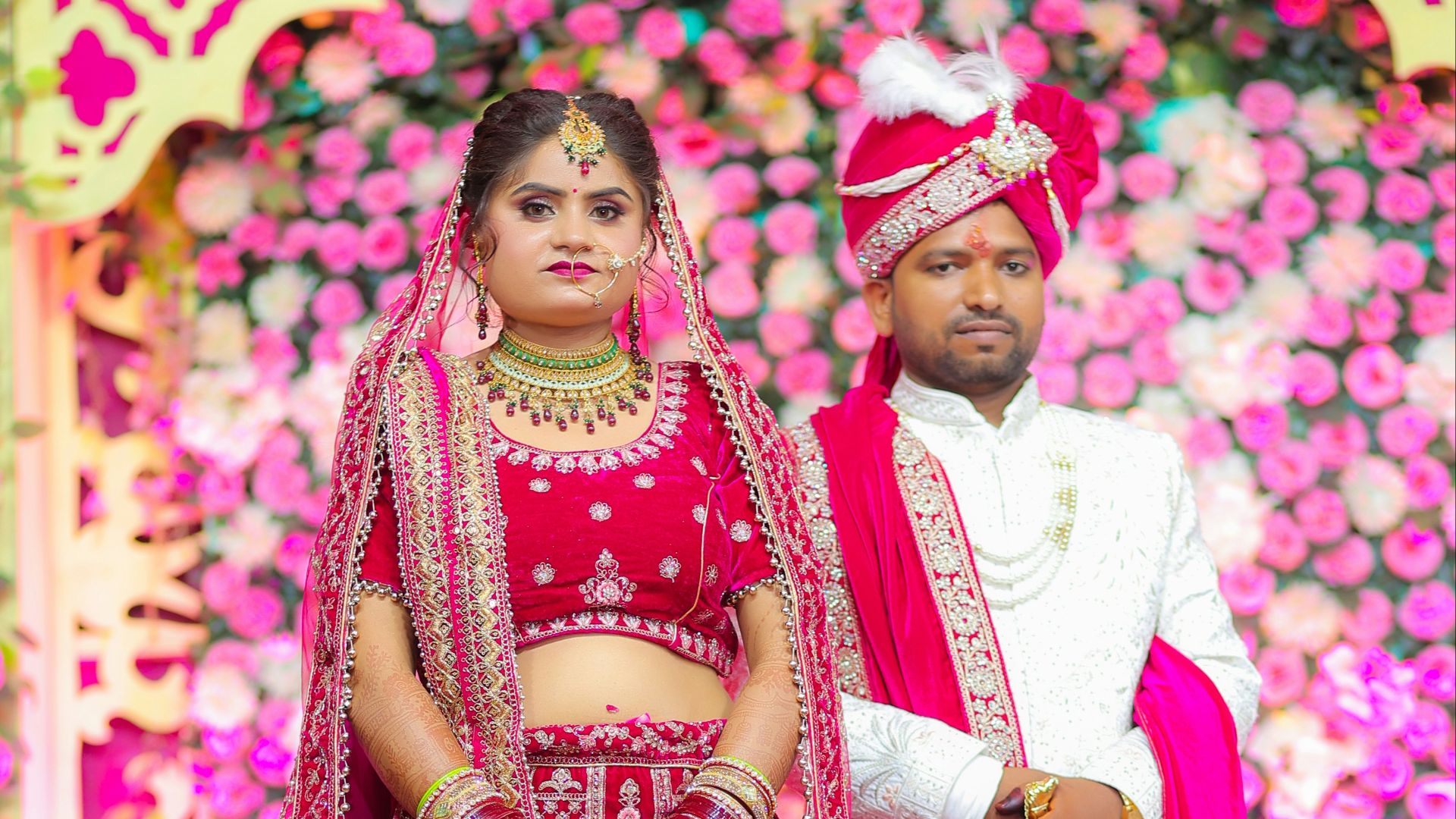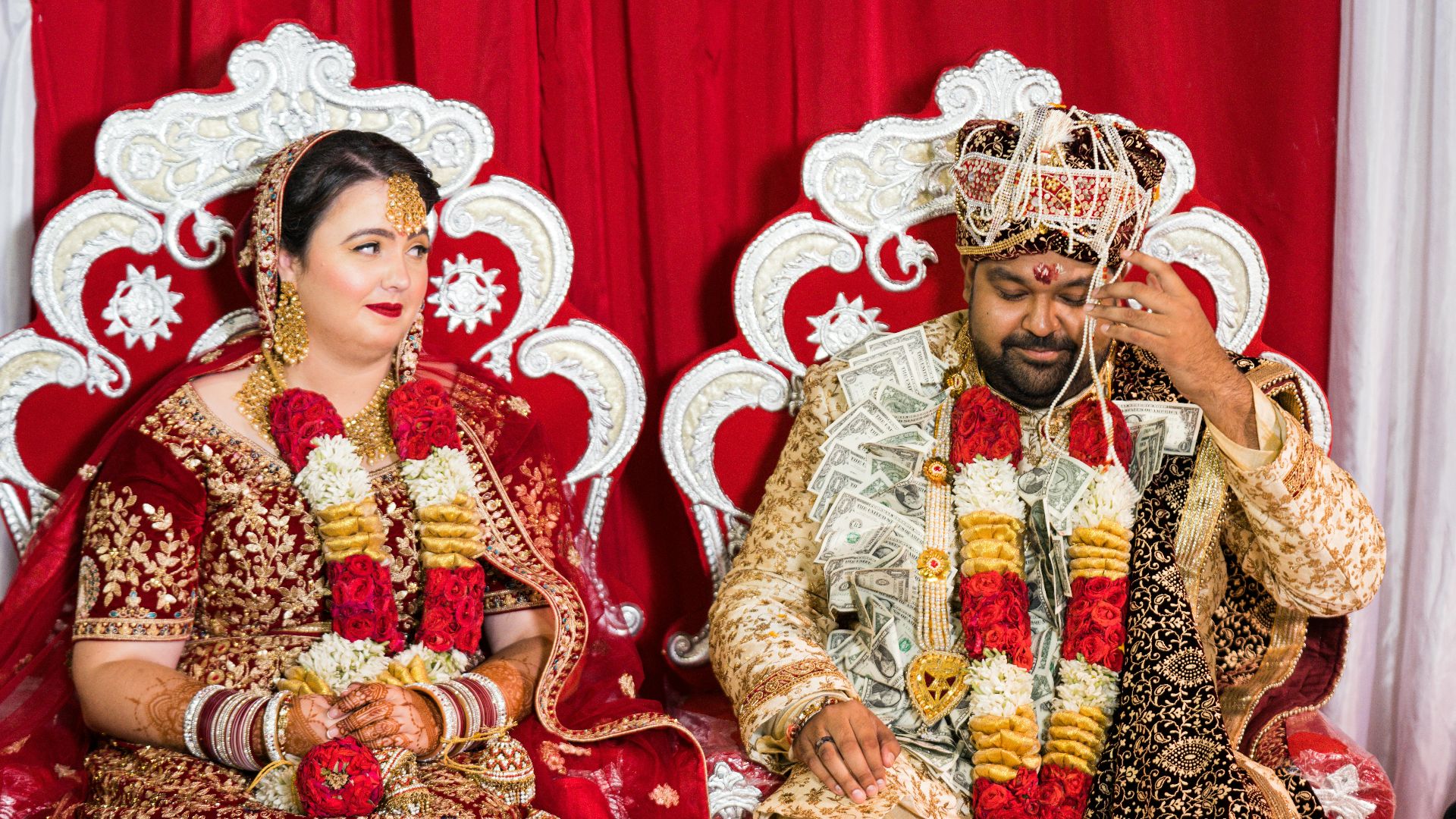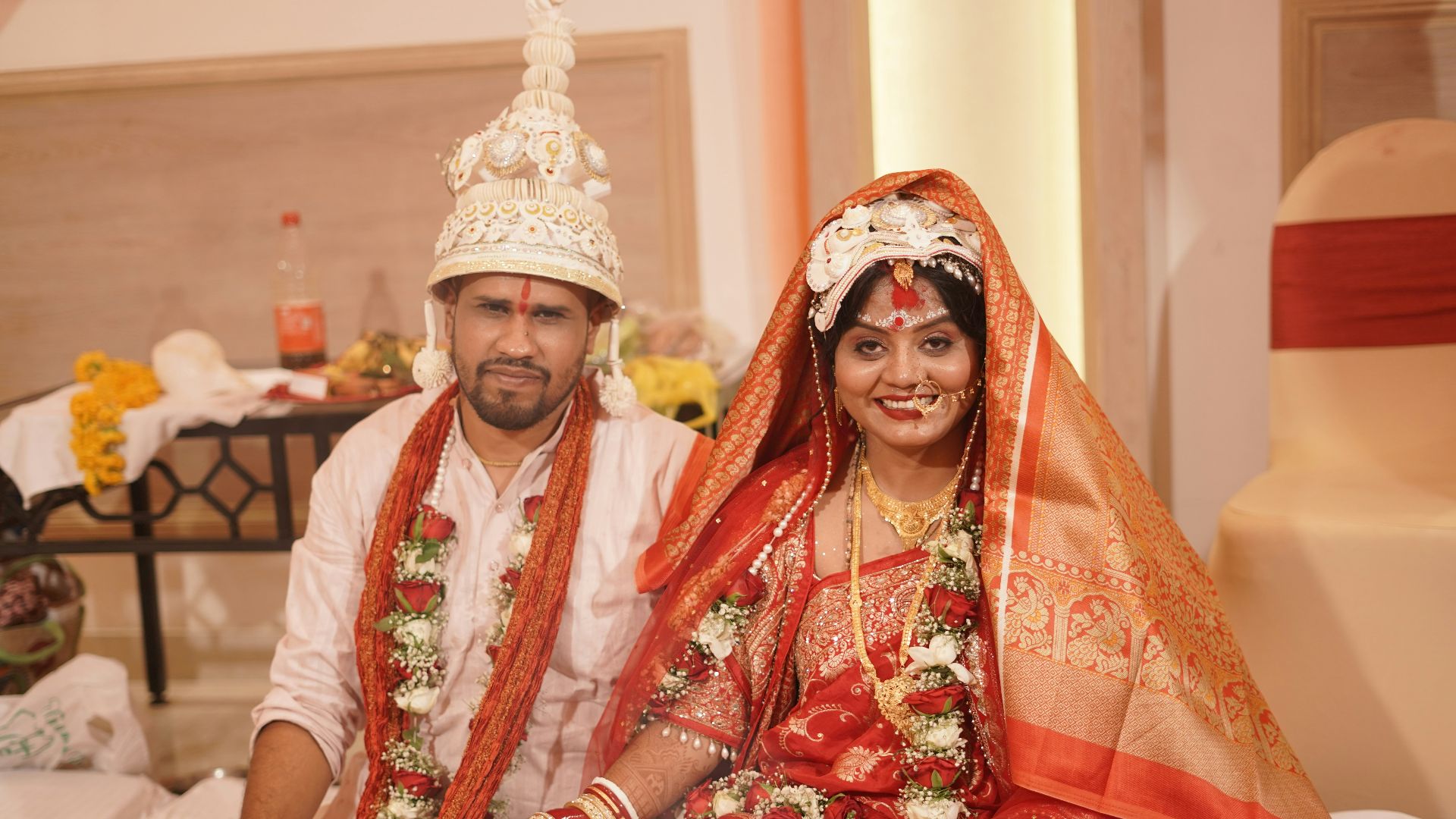Don’t Shut Down the Idea of Arranged Marriages—They’re More Successful Than You Think
Don’t Shut Down the Idea of Arranged Marriages—They’re More Successful Than You Think
The only thing the average American knows about arranged marriages is whatever they gleaned from Bollywood films and television. Usually, the takeaway is bad. Some poor girl, smitten with some handsome young man from a lower station in life, is forced by her unyielding parents to partner up with some dreadfully arrogant suitor from a wealthy family. Cue an hour-and-a-half runtime of her going out of her way to convince her family that true love is spontaneous, unpredictable, and magical.
Even without the silver screen’s prodding, we’d be apt to agree that marriage is something that should occur organically. Anything else is suspicious or old-fashioned. The truth, of course, is more complicated. Across the world, arranged marriages are not only the norm in some regions, but statistically speaking, they’re a safer bet than love-based marriages. Couples are built from careful consideration and input from their families. The result is a union that often endures for decades, quietly defying every stereotype we have here in the western world.
Success Rates Aren’t a Joke
Here’s the kicker: arranged marriages statistically have lower divorce rates than their love-first counterparts in many countries. India, for example, reports divorce rates under 1% in arranged unions, versus about 40-50% in the U.S. of love marriages. The reason for this is because these unions aren’t built on fleeting infatuation but on the mutual expectation of a shared social framework.
Love isn’t really part of the equation, although it often develops in the aftermath, shaped by proximity and shared obligations. Their marital longevity doesn’t necessarily mean they’re happier—just more stable. The reason for this is partly structural: families often vet compatibility based on class, religion, education, even astrological charts.
Families Know More Than You Think
Roughly half of the world’s marriages are arranged in some form, especially in South Asia, the Middle East, parts of Africa, and among diaspora communities in Western countries. The idea that families meddle in arranged marriages is half right, half misrepresentation. Sure, there’s input—occasionally pressure—sometimes awkward questions at dinner tables. But oftentimes, families know details about personality, habits, and values that outsiders—including potential partners—might not see.
In India, Pakistan, Bangladesh, and Nepal, arranged marriages remain the dominant form, even among urban, educated populations. Increasingly, however, the style has shifted toward “assisted” marriages where the individuals involved have veto power. That said, Auntie noticing someone’s stubborn streak or uncle noting work ethic may feel intrusive, but it’s insight worth considering. Think of it as social crowd-sourcing, minus the online comments.
Love Can Grow, Even Slowly
No one is denying that love at first sight exists, only that jumping headlong into marriage based on that initial spark isn’t always advisable. Arranged marriages often start with polite curiosity and conversation over shared meals. Rather than falling in love, couples grow together. This may sound clinical to our western sensibilities—that is, until you remember how messy spontaneous love can be, and how chaotic its fallout often is.
Studies show that couples in arranged marriages often grow closer over time, developing deeper emotional intimacy as they build a life together with support from family and community. Because affection develops gradually rather than all at once, these relationships tend to build a stronger foundation based on commitment and mutual respect.
Practicality Isn’t Evil
People sometimes scoff at treating marriage as a practicality, but this has been the norm historically for millennia. Having shared goals, compatible lifestyles, and financial understanding are things romance movies rarely emphasize. Yet these factors often underpin happiness in a marriage. You might laugh at the idea of treating marriage like a spreadsheet, but couples who have clarity on basic compatibility tend to hit fewer walls. Practicality isn’t unromantic; it’s preventative maintenance.
In North America, couples with lower combined incomes face higher risks of divorce, largely due to financial stress and instability. Economic pressure creates ongoing conflicts over daily expenses and long-term planning, increasing the likelihood of separation.
Cultural Nuances Matter
Not every arranged marriage looks the same. Some are heavily guided by family members, others lightly suggested, while some fall somewhere in between. Modern arranged marriages often mix traditional frameworks with personal choice, creating hybrid relationships that feel organic—with the safety net of supervision.
Perhaps there’s something to learn from the idea that love isn’t just about two people falling for each other. The perspective that love is about building something sustainable that honors families, values, and shared futures is one that can benefit everyone, regardless of whether you met on a dating app or through a family introduction.










